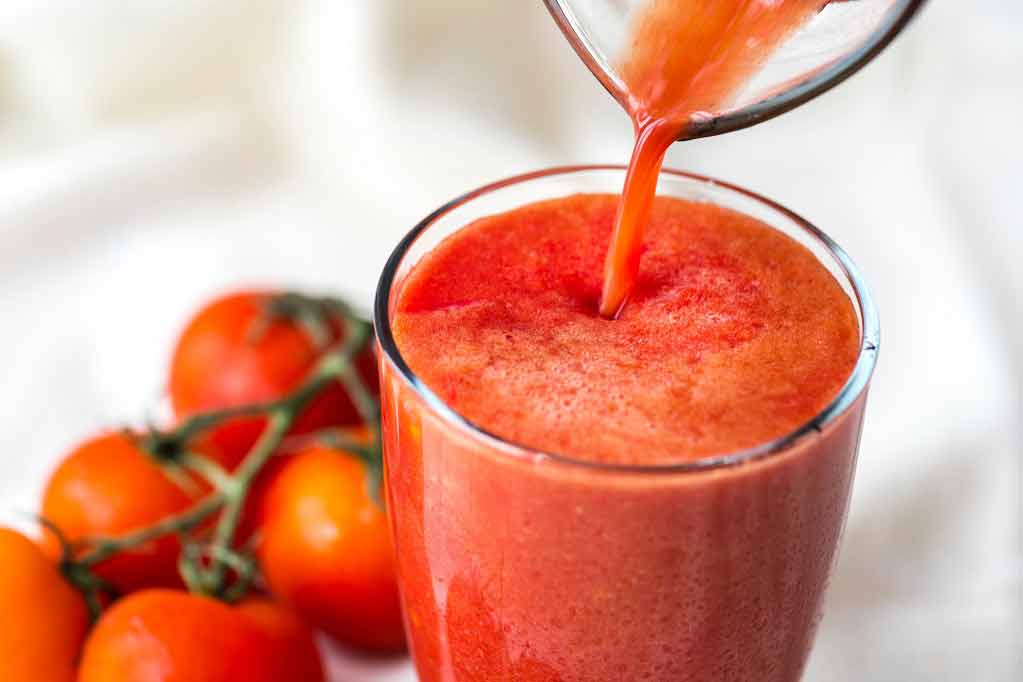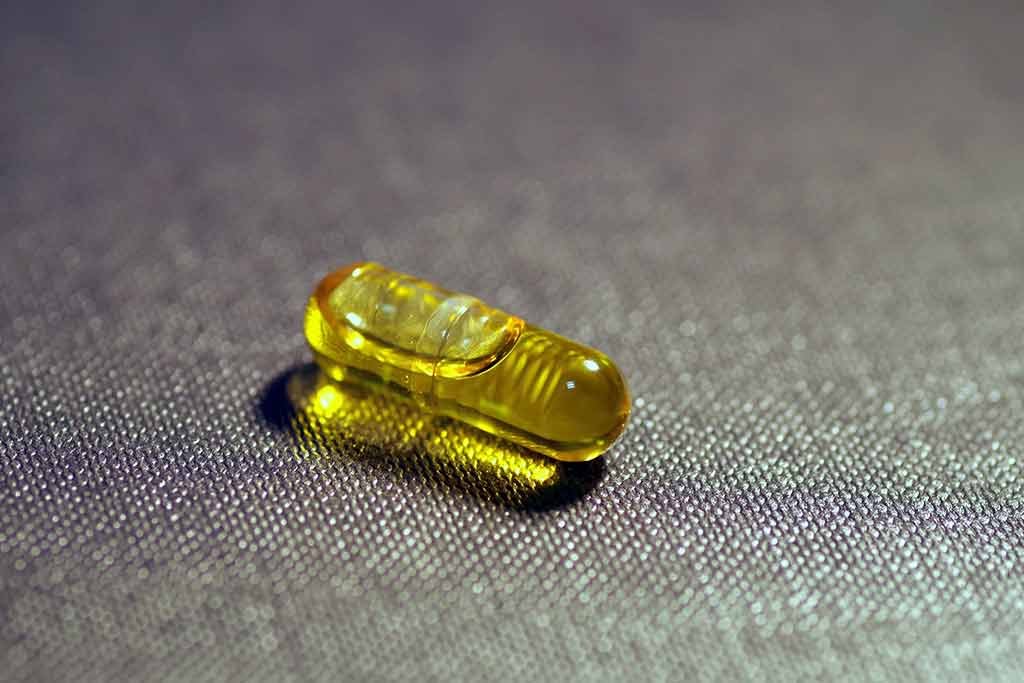Could a single booze binge harm your health?
Food and diet
“Four glasses of wine is enough to harm your health, scientists say,” reports The Independent. A study has found that just a small amount of alcohol can cause harmful bacteria to leak from the gut into the blood.
“Four glasses of wine is enough to harm your health, scientists say,” reports The Independent. A study has found that just a small amount of alcohol can cause harmful bacteria to leak from the gut into the blood.
The research aimed to see whether binge drinking affects the ease that bacterial substances move through the lining of the gut and into the blood stream. It included 25 healthy adults and gave them alcoholic drinks, then measured the levels of alcohol, bacterial molecules called endotoxins and markers of inflammation in their blood for the next 24 hours.
Endotoxins are produced from the cell wall of certain types of gut bacteria, including E. coli, and can trigger immune responses, such as inflammation.
The study found that bacterial endotoxin levels increased after drinking alcohol, with the increase more noticeable in women.
This small and short-term study tells us little else, however, as the researchers did not find out what effects the inflammatory markers have on the body. We also don’t know if the same results would be obtained in larger samples of people of different ages, health statuses or habitual alcohol intakes.
Despite the limitations of this small study, the adverse effects of drinking too much alcohol are still well known.
Where did the story come from?
The study was carried out by researchers from the University of Massachusetts Medical School in the US and was funded by the National Institutes of Health.
The study was published in the peer-reviewed, open access scientific journal PLoS One, meaning it is free to access online.
The UK media’s reporting of the study is generally accurate, though none of the coverage acknowledges that only partial conclusions can be drawn, due to the study's limitations.
That said, the dangers of binge drinking have been well-established in previous studies.
What kind of research was this?
This was a controlled study that aimed to examine one potential effect of binge drinking on the body. The authors reported that chronic alcohol consumption makes the wall of the gut more “leaky”.
This makes it easier for molecules from the bacteria living in the gut, such as endotoxins, to enter circulation. It is thought that this contributes to the effects of alcohol on the liver. Sustained alcohol-related liver damage can lead to alcohol-related liver disease.
In this particular study, they wanted to see if a single episode of binge drinking had the same effect on levels of endotoxin in the blood. Endotoxin is part of the cell wall of certain types of gut bacteria, such as E. coli, and can prompt the body to mount an immune response.
While including a control group is important in this type of experiment, unless the two groups are well balanced, it is difficult to ascertain whether any changes seen are due to the exposure being tested (in this case alcohol). The best way to avoid this is to randomly assign people into the groups being compared, but it was unclear if that happened in this study.
What did the research involve?
The researchers gave volunteers either alcoholic drinks or a similar drink without alcohol, and compared the effects on the levels of various substances in the blood over 24 hours.
The study included 25 healthy adults (14 female, 11 male) aged 21 to 56. To be eligible, men had to drink fewer than 12 alcoholic drinks per week and women fewer than 9. They abstained from alcohol for at least 2 days before the tests.
The participants were given either 2ml vodka (40% ethanol) per kg body weight in a total volume of 300ml orange/strawberry juice, or the fruit juice without alcohol. It was unclear how participants were allocated to the alcohol or control groups, or if the same participants drank the alcoholic and non-alcoholic drinks at different times. The study defined binge drinking as “more than 4 drinks”, but they did not report exactly how much the participants drank.
They had blood samples taken at the start of the study, every 30 minutes during the first 4 hours after drinking, then 24 hours later. The blood samples were used to measure blood alcohol levels, endotoxin, inflammatory markers and bacterial DNA.
What were the basic results?
Drinking alcohol increased blood alcohol levels, which reached a maximum an hour after drinking. Women showed a slower decline then men in blood alcohol levels over the next few hours.
Blood endotoxin levels also rapidly increased up to 30 minutes after drinking, stayed level for 3 hours, then returned to baseline levels at the 24-hour mark. Endotoxin levels were also significantly higher in women.
The study also found increases in certain inflammation-related proteins, and an increase in bacterial DNA in the blood.
In the laboratory, they tested what effects the observed concentrations of endotoxin in the blood would have on other inflammatory markers. They discovered that this led to increases in certain other inflammatory markers.
How did the researchers interpret the results?
The researchers conclude that just a single alcohol binge increases the level of blood endotoxin, which leads to an increase in blood inflammatory markers. They went on to say that this “can contribute to the deleterious effects of binge drinking”.
Conclusion
This experimental study in 25 healthy adults informs us of some of the possible biological effects that a binge drinking session can have upon the human body – namely, an increase in bacterial endotoxin levels and a corresponding increase in blood inflammatory markers.
However, it was a very small study, including just 14 women and 11 men, meaning that reliable conclusions cannot be drawn. The study does not report its methods clearly, and it is unclear if the volunteers also acted as the controls. The optimum test conditions would have been to randomly allocate which drink they received first, to make sure that the order in which they drank the drinks did not effect the results.
We also don't know what results would be obtained from larger samples of people, including those of different ages, health and habitual drinking patterns.
The study also does not tell us what effects the increase in inflammatory markers seen would actually have on the body.
Nevertheless, despite the limited information that can be obtained from this small study, the effects of excess alcohol consumption are well known and include an increased risk of liver disease, certain types of cancer, high blood pressure and obesity.
Alcohol is also associated with mental health problems, including depression.
Read more about the risks of drinking too much.






 Subscribe
Subscribe Ask the doctor
Ask the doctor Rate this article
Rate this article Find products
Find products







